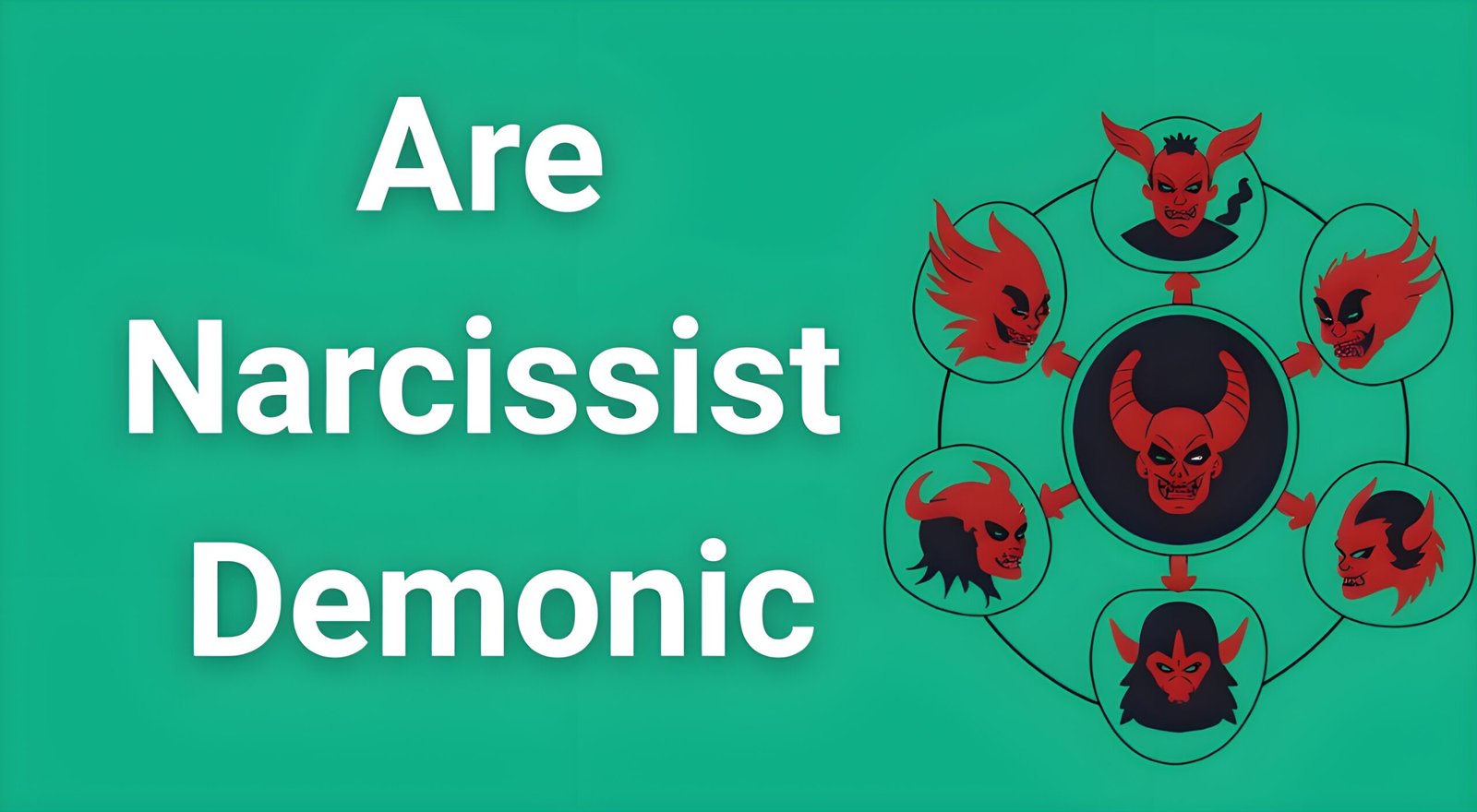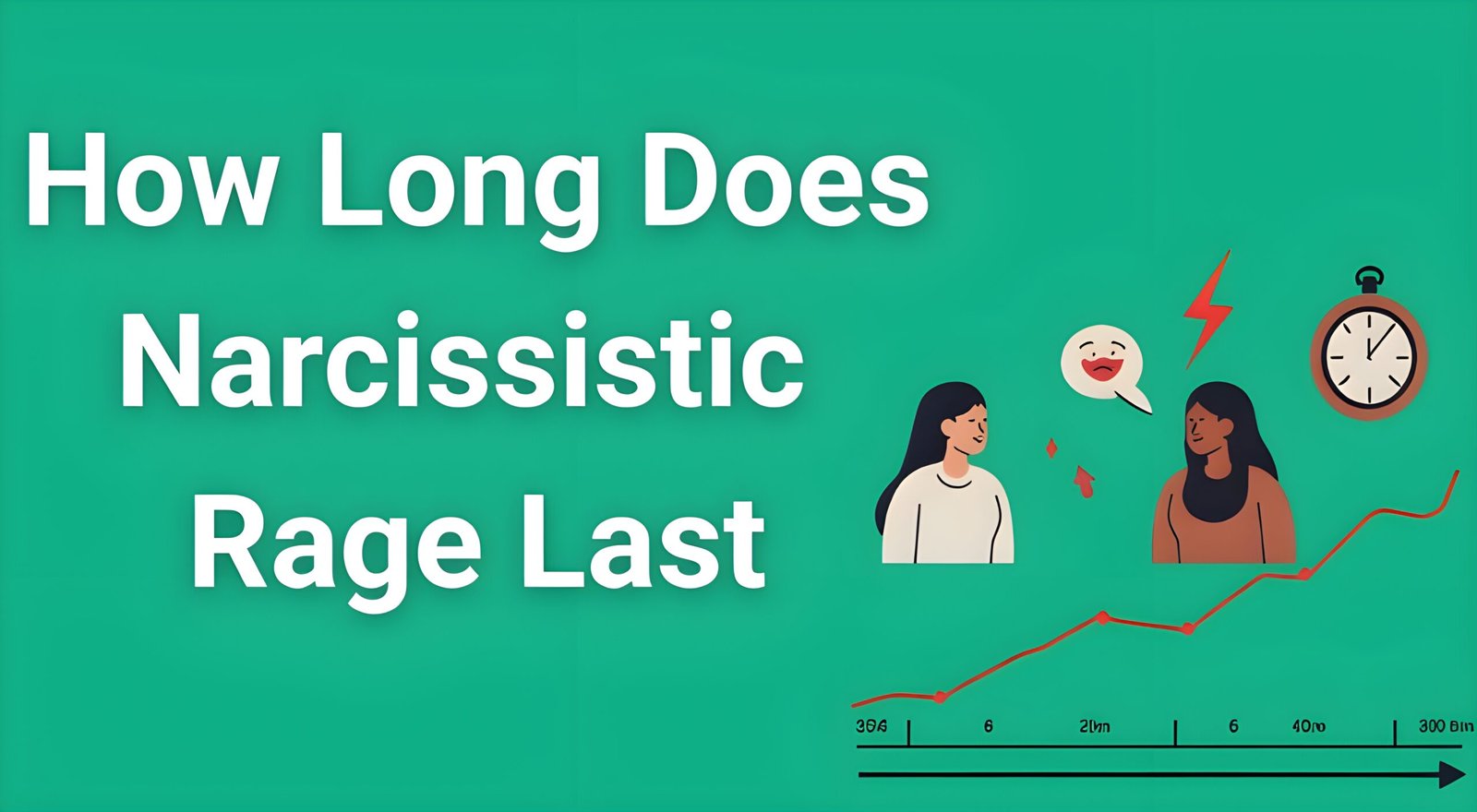If you’re reading this, you’re probably feeling like you’re losing your mind. The person who’s supposed to love, support, or respect you has turned your world upside down. You’re walking on eggshells, questioning your own memories, and wondering if you’re the problem. You’re not crazy, and you’re not alone.
- Understanding Why You Need to Defend Yourself
- Phase 1: Immediate Crisis Defense (When You’re Under Attack)
- Phase 2: Short-Term Protection Strategies
- Phase 3: Long-Term Defense Systems
- Defending Yourself in Different Relationships
- When You Can’t Leave Yet
- Recognizing Your Progress
- Getting Professional Support
- Breaking Free from Trauma Bonds
- Building Long-Term Immunity
- Frequently Asked Questions
- Your Path to Freedom Starts Now
Learning how to defend yourself against a narcissist isn’t just about protecting your emotions—it’s about reclaiming your sanity, your self-worth, and your life. Whether you’re dealing with a narcissistic partner, parent, boss, or family member, the defense strategies in this guide will help you regain control starting today.
Understanding Why You Need to Defend Yourself
Before diving into defense tactics, it’s crucial to understand what you’re up against. Narcissists don’t just have bad days or communication issues—they have a systematic pattern of manipulation designed to maintain control over others. This includes gaslighting (making you question reality), emotional manipulation, isolation tactics, and psychological warfare that can leave lasting trauma.
The reason traditional relationship advice doesn’t work with narcissists is simple: they’re not operating from the same emotional framework as healthy individuals. While normal people seek mutual respect and understanding, narcissists view relationships as power dynamics where they must maintain dominance.
This is why learning specific defense strategies against narcissistic behavior is essential for your mental health, emotional safety, and overall wellbeing.
Phase 1: Immediate Crisis Defense (When You’re Under Attack)
The Gray Rock Method
When a narcissist is actively trying to provoke you, the gray rock technique can be your first line of defense. This strategy involves becoming as uninteresting and unresponsive as possible—like a boring gray rock.
Here’s how to implement it:
- Give minimal responses: “Okay,” “I see,” or “Mmm-hmm”
- Avoid sharing personal information or emotional reactions
- Keep your facial expression neutral
- Don’t argue or try to defend yourself in the moment
- Redirect conversations to mundane topics like weather or traffic
The goal isn’t to be rude, but to remove the emotional fuel that narcissists feed on. When you stop providing the dramatic reactions they crave, they often lose interest and move on to easier targets.
Document Everything
Start keeping detailed records immediately. Narcissists excel at rewriting history and making you doubt your own experiences. Create a private log (kept somewhere they can’t access) that includes:
- Dates and times of incidents
- Exact quotes when possible
- Your emotional state before and after interactions
- Any witnesses present
- Photos of damage, threatening messages, or evidence
This documentation serves multiple purposes: it validates your experiences, helps you recognize patterns, and provides evidence if you need legal protection later.
Emergency Boundary Setting
In crisis moments, you need immediate boundaries that work fast. Use these scripts:
- “I won’t tolerate being spoken to that way.”
- “This conversation is over until you can speak respectfully.”
- “I’m removing myself from this situation.”
- “I don’t engage in arguments.”
After stating your boundary, follow through immediately. Leave the room, hang up the phone, or end the interaction. Narcissists will test your boundaries repeatedly, so consistency is crucial.
Phase 2: Short-Term Protection Strategies
Stop JADE (Justify, Argue, Defend, Explain)
One of the biggest mistakes people make when learning how to defend yourself against a narcissist is trying to make them understand your perspective. Narcissists use your explanations as ammunition for further attacks.
Instead of JADE, practice these responses:
- “That’s your opinion.”
- “I’ve made my decision.”
- “I don’t see it that way.”
- “We’ll have to agree to disagree.”
Remember: You don’t owe anyone an explanation for protecting your wellbeing, setting boundaries, or making choices that serve your best interests.
Information Diet
Narcissists weaponize any personal information you share. Put them on a strict information diet by:
- Keeping your plans, goals, and dreams private
- Not sharing details about your relationships with others
- Avoiding discussions about your work successes or challenges
- Never revealing your insecurities or fears
- Limiting information about your finances or resources
Share only what’s absolutely necessary for practical matters. Think of information as currency—and narcissists will spend yours against you.
Build Your Support Network
Narcissists often isolate their targets from friends and family. Actively work to rebuild and maintain connections:
- Reach out to old friends you may have lost touch with
- Join support groups (online or in-person)
- Reconnect with family members who are safe and supportive
- Consider working with a therapist who understands narcissistic abuse
- Find communities of survivors who validate your experiences
Having people who believe you and support you makes an enormous difference in your ability to resist narcissistic manipulation.
Financial Protection
If you share finances with a narcissist, they may use money as a control mechanism. Protect yourself by:
- Opening a separate bank account in your name only
- Keeping important documents in a secure location
- Building an emergency fund when possible
- Understanding your legal rights regarding shared assets
- Documenting any financial abuse or control
Financial independence is often key to long-term freedom from narcissistic abuse.
Phase 3: Long-Term Defense Systems
Develop Unshakeable Self-Awareness
Narcissists are experts at making you doubt yourself, but strong self-awareness serves as your psychological armor. Regular practices that strengthen self-awareness include:
- Daily journaling about your thoughts and feelings
- Meditation or mindfulness practices
- Regular self-reflection on your values and boundaries
- Seeking feedback from trusted friends about your behavior and decisions
- Working with a therapist to process your experiences
When you’re secure in who you are and what you’ve experienced, narcissistic gaslighting becomes much less effective.
Master Emotional Regulation
Learning to manage your emotional responses is crucial for long-term protection. Narcissists deliberately trigger emotional reactions to regain control. Develop these skills:
- Deep breathing techniques for immediate calm
- Regular exercise to process stress hormones
- Healthy outlets for anger and frustration
- Mindfulness practices to stay present
- Professional support for trauma healing
The more emotionally regulated you become, the less power narcissists have to destabilize you.
Create Escape Plans
Whether you’re planning to leave or need emergency options, having concrete plans provides both practical safety and psychological comfort:
- Identify safe places you can go immediately if needed
- Keep important documents readily accessible
- Have emergency cash available
- Know legal resources in your area
- Create code words with trusted friends for emergencies
Even if you never need to use these plans, having them reduces anxiety and increases your sense of control.
Strengthen Your Identity
Narcissistic abuse often leaves victims feeling like they’ve lost themselves. Deliberately work to reconnect with your authentic identity:
- Revisit hobbies and interests you enjoyed before the relationship
- Explore new activities that bring you joy
- Reconnect with your values and beliefs
- Set personal goals unrelated to the narcissist
- Celebrate your strengths and accomplishments
A strong sense of self makes you much less susceptible to manipulation and control.
Defending Yourself in Different Relationships
Narcissistic Partners
Romantic relationships with narcissists often involve love bombing followed by devaluation cycles. Key defense strategies include:
- Recognizing the cycle patterns
- Maintaining connections with friends and family
- Keeping your own interests and goals alive
- Planning for potential separation
- Seeking couples therapy only with extreme caution (narcissists often manipulate therapy)
Narcissistic Parents
Adult children of narcissistic parents face unique challenges because these relationships started in childhood. Effective approaches include:
- Learning about childhood trauma and its effects
- Setting boundaries around visits and communication
- Protecting your own children from manipulation
- Considering limited or no contact when necessary
- Healing childhood wounds through therapy
Workplace Narcissists
Professional environments require careful navigation when dealing with narcissistic colleagues or supervisors:
- Document all interactions thoroughly
- Communicate primarily through email when possible
- Avoid personal topics and maintain professional boundaries
- Build alliances with other colleagues
- Know your company’s policies and procedures
- Consider involving HR if harassment occurs
Family Members and Friends
Narcissistic family members or friends often have built-in support systems that make confrontation difficult:
- Accept that family gatherings may always be challenging
- Develop strategies for limiting exposure
- Find allies within the family system when possible
- Focus on protecting yourself rather than changing them
- Consider the cost-benefit of maintaining these relationships
When You Can’t Leave Yet
Sometimes immediate escape isn’t possible due to financial constraints, children, or other circumstances. If you’re in this situation, focus on:
- Emotional and psychological protection strategies
- Building resources for future independence
- Creating safety plans for crisis situations
- Maintaining hope and working toward change
- Connecting with others who understand your situation
Remember that staying doesn’t mean you’re weak or that you deserve abuse. Sometimes strategic patience while building resources is the wisest approach.
Recognizing Your Progress
Defending yourself against a narcissist is an ongoing process, and it’s important to recognize progress:
- You’re less affected by their attempts at manipulation
- You maintain your boundaries consistently
- You trust your own perceptions and memories
- You have supportive relationships outside the narcissistic dynamic
- You feel more confident in your decisions
- You’re able to identify manipulation tactics as they happen
Healing isn’t linear, and setbacks don’t mean you’re failing. Every small step toward protecting yourself matters.
Getting Professional Support
While self-defense strategies are crucial, professional support can accelerate your healing and provide personalized guidance. Consider working with:
- Therapists who specialize in narcissistic abuse
- Support groups for survivors
- Life coaches who understand toxic relationships
- Legal professionals if your safety is at risk
- Financial advisors if economic abuse is a factor
If you’re struggling to understand the full scope of what you’re experiencing or need clarity about your specific situation, professional assessment can provide invaluable insight into the manipulation patterns affecting your life.
Breaking Free from Trauma Bonds
One of the most challenging aspects of defending yourself against a narcissist is overcoming the trauma bonds that keep you emotionally attached despite the abuse. These bonds form through cycles of intermittent reinforcement—periods of kindness followed by cruelty—that create a powerful psychological addiction.
Understanding that your attachment isn’t weakness but a neurological response to trauma can help you approach healing with self-compassion. Breaking these bonds requires specific strategies that address both the emotional and physiological aspects of trauma bonding.
Building Long-Term Immunity
The ultimate goal of learning how to defend yourself against a narcissist isn’t just surviving the current situation—it’s developing the skills and awareness to avoid future narcissistic relationships. This includes:
- Understanding your vulnerabilities and attachment patterns
- Recognizing red flags early in relationships
- Trusting your intuition about people’s character
- Maintaining strong boundaries as a way of life
- Continuing to heal and grow from your experiences
Frequently Asked Questions
Q: Will these defense strategies make the narcissist angrier? A: Narcissists may initially escalate their behavior when you start setting boundaries because they’re losing control. This is often temporary, but it’s important to have safety plans in place. Document any escalation and seek professional help if you feel physically threatened.
Q: Should I tell the narcissist that I know about their disorder? A: Generally, no. Narcissists rarely accept diagnosis or criticism, and revealing your knowledge often makes them more covert in their manipulation tactics. Focus on protecting yourself rather than confronting them about their behavior.
Q: How long does it take to heal from narcissistic abuse? A: Healing timelines vary greatly depending on the duration and severity of abuse, your support system, and whether you’re still in contact with the narcissist. Many survivors report significant improvement within 6-12 months of implementing consistent boundaries and getting support.
Q: Can narcissists change or get better? A: While personality disorders can be treated, narcissists rarely seek therapy voluntarily or acknowledge their behavior patterns. Change requires deep self-awareness and commitment that most narcissists don’t possess. Focus on protecting yourself rather than hoping they’ll change.
Q: What if I still love them despite the abuse? A: It’s normal to have conflicted feelings about someone who has both hurt and charmed you. These feelings often persist due to trauma bonding and don’t mean you should stay in an abusive situation. Love doesn’t require accepting mistreatment.
Q: How do I know if someone is truly narcissistic or just going through a difficult time? A: Narcissistic behavior involves consistent patterns over time, not isolated incidents during stress. Look for ongoing manipulation, lack of empathy, inability to take responsibility, and exploitation of others’ emotions. When in doubt, trust your gut feelings about how the relationship affects your wellbeing.
Your Path to Freedom Starts Now
Learning how to defend yourself against a narcissist is one of the most important skills you can develop for your mental health and future relationships. Remember that healing isn’t about becoming hard or cynical—it’s about becoming wise enough to recognize manipulation and strong enough to protect yourself from it.
You deserve relationships built on mutual respect, genuine care, and healthy communication. You deserve to trust your own perceptions and make decisions without fear of retaliation. Most importantly, you deserve to feel safe being yourself.
The defense strategies in this guide work, but they require practice and consistency. Start with the immediate crisis techniques, then gradually build your long-term protection systems. Celebrate small victories along the way, and remember that every boundary you maintain is an act of self-love.
Your journey to freedom has already begun by seeking this information. Trust yourself, protect yourself, and know that a life free from narcissistic manipulation is not only possible—it’s your right.






